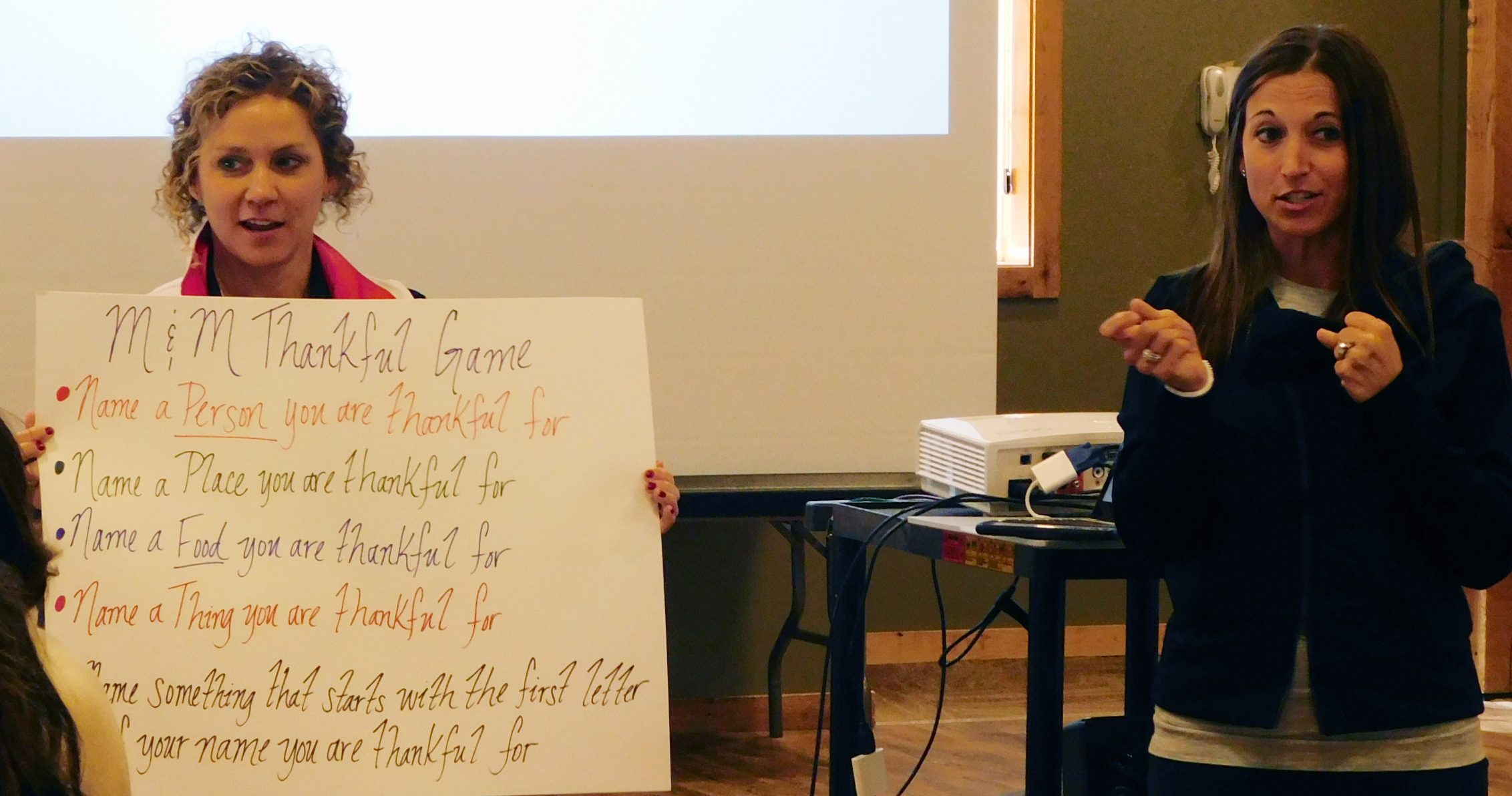Children, Families, and the Law, Center on

Center on Children, Families, and the Law: Faculty Publications
Document Type
Article
Date of this Version
2011
Abstract
Two major themes in the delinquency literature are the roles of family structure and childhood victimization. Combining these two lines of research, the current project examines the unique contribution of family structure and victimization on the serious delinquency of a nationally representative sample of adolescents. In addition, we examine whether the form of families serves to condition the relationship between victimization and delinquency. Past research indicates that abuse is more likely to occur in two-parent families of a ‘‘mixed’’ form, specifically in the presence of a live-in boyfriend or stepfather. However, little is known regarding the impact of victimization on delinquency across different types of family structure. Guided by a theoretical framework acknowledging that notions of justice influence the experience of victimization, our analyses indicate that, although victimization is more likely to occur in nonintact two-parent families, victimization is more likely to result in serious delinquency in intact families and single-parent families.


Comments
Published in Criminal Justice Review 36:3 (2011), pp. 332–356; doi: 10.1177/0734016811402495 Copyright © 2011 Georgia State University; published by Sage Publications: http://cjr.sagepub.com Used by permission.